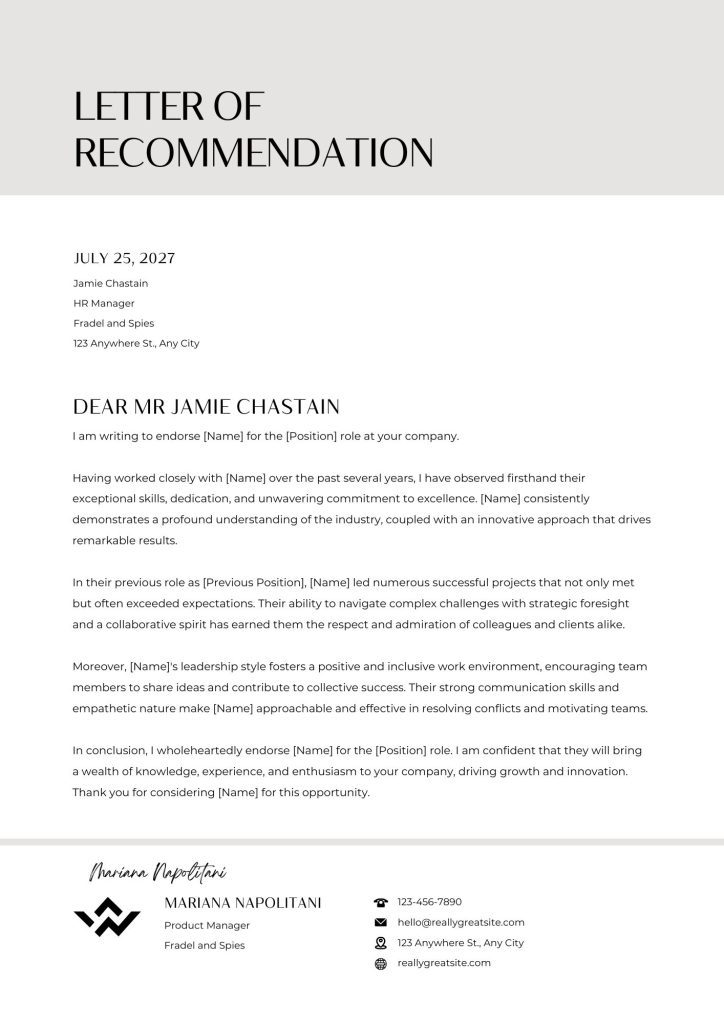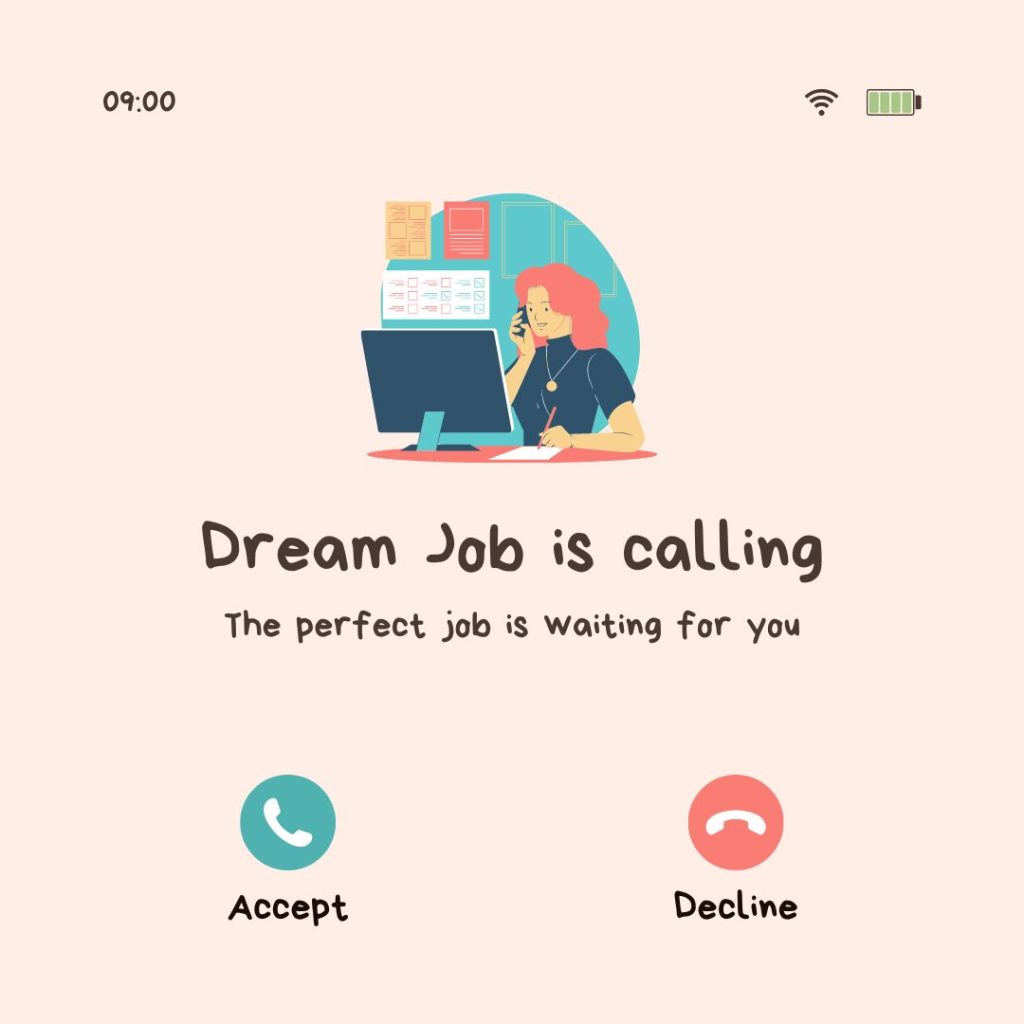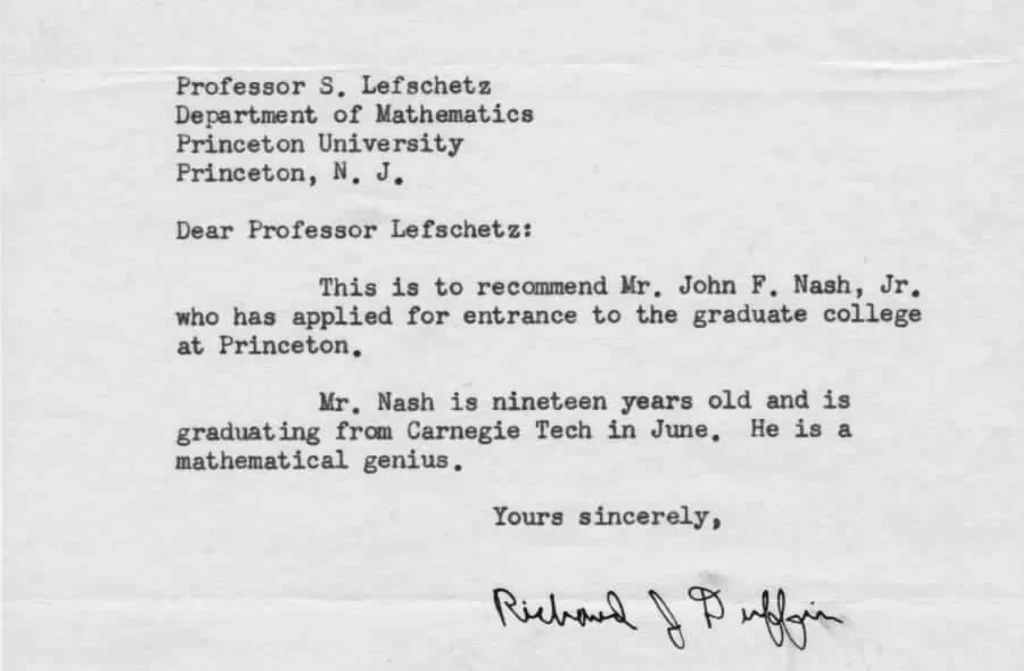Do you have only soft transferrable skills and lack direct experience? A recommendation can make the difference. Here’s why and how to seek out recommendations.
Recommendation Letters: What Are they?
A letter of recommendation is a formal letter of a former or current business network vouching for your qualifications for a job based on your work experience, skills and knowledge, personality traits and work ethic. Some employers will request that you submit recommendation letters written by your references as part of your application. The tradition, however, is to ask for a list of references that can be contacted on your behalf.
A reference is someone who knows your character and is willing to endorse your character. This is often after an employer has determined you meet the requirements for their opening. They’ll then ask you to submit a list of references for them to contact. The goal is to have them verify directly the content of your resume/CV as well as other aspects of your character, abilities, work ethic and integrity.
A reference letter is often regarded as a character recommendation letter and can be used for multiple occasion. A recommendation, however is often more directed at giving information that is specific to a job. Former employer or manager are typical sources of recommendation, though, a coworker or client an recommend. However, an employer or manager’s opinion of you is much more valuable to those who need it than that of a co-worker.
Depending on the circumstances, a recommendation need not be given in the form of a letter. In an informal setting, it can be given through word of mouth or over a call. Such a recommendation would be a referral. These are as powerful as a formal letter. They are often based on relationships rather than firsthand experience. They however, carry less weight than actual recommendations.

Why A Recommendation Makes Sense
It Benefits the Employer
Recommendations provides the validation of your transferable skills, work ethic, and growth potential by a trusted third-party who knows you well. Employers value recommendations because they reduce hiring risk and spares them resources. A recommendation tells them what they need to know and spares them the stress of having to find out themselves.
A recommendation makes them more confident about their choice. This makes them potential deal breakers especially when an offer is on the table.
It Benefits the Recommender
Although they occupy a powerful position in the employment chain, recommenders are generally much easier to approach than employers. Since they know you in person and have some form of relationship with you, you can expect them to act with good will towards you. This existing relationship provides a foundation of familiarity and trust, making it easier to initiate conversations about recommendations.
In many industries, there’s a culture of professional networking and mutual support. Providing recommendations is often seen as part of this ecosystem, where professionals help each other advance and grow. Also, recommenders may view their support as an investment in their own professional network. By helping you, they’re strengthening a connection that could be mutually beneficial in the future.
For many professionals, particularly those in leadership positions, there’s a sense of pride in seeing their colleagues or mentees succeed. Providing a recommendation can be a way of continuing their mentorship role. Unlike job interviews or formal applications, conversations with potential recommenders can be more relaxed and candid. This informal setting can make it easier to discuss your aspirations and request support.

How to Get A Solid Recommendation
✅ Seek Out Potential Cheerleaders
Think of colleagues, managers, mentors who’ve witnessed your talents firsthand. Scout for people respected in their fields who can vouch for your abilities. The more credible and influential, the stronger the impact of their endorsement. In the case of referrals, reach out to anyone in the industry you are seeking to enter, introduce yourself and ask them to keep you in mind in case of an opening.
✅ Pitch Yourself
Share the role(s) you’re pursuing and why you believe you are a fit. Be sure to clearly articulate your goals and how their recommendation Ask if they’re comfortable providing a recommendation for you. Remind them of specific projects/contributions that demonstrate your relevant skills
✅ Offer to Draft It and Share With Them
Write out a draft detailing your qualifications and strengths. Tell the truth about yourself. Be authentic.
- Start with a Template: Begin with a basic structure that introduces you, gives specific examples of your work, and concludes with a strong endorsement.
- Be Authentic: While you want to be effusive about your strengths and achievements, you cannot afford to lose credibility. Be honest. Say only what is important. Do not exaggerate.
- Include Performance Metrics: Whenever possible, include quantifiable achievements in numbers and with statistics. They are often always helpful. They make your accomplishments more tangible.
- Tailor it Down to the Opportunity: If you’re seeking a recommendation or referral for a specific role or industry, emphasize only the skills and experiences that are relevant to that role. Again, avoid being effusive about your achievements. You’ll only waste your time.
- Invite them to Personalize: Provide your draft as a starting point, and the recommender to modify, expand, or rewrite as they see fit. Their personal touch will make the recommendation more genuine and impactful.

✅ Be Thankful
Be sure to follow up with a note thanking them for taking the time. Remember that they are taking a risk on their reputation. If you get an offer, be sure to reach out and thank them for opening the door for you.
✅ Maintain the Relationship
Check in periodically and update them. Maintaining the relationship afterwards ensures you can count on them for future recommendations if needed. Look for ways you can add value to them as well. A mutually beneficial relationship is often more sustainable and rewarding to both parties.
Reach out and ask. The worst they can say is no. Trust me, people are more willing to help than our imposter syndrome can allow us to find out. Most of your recommenders probably have had others recommend them. They know what it feels like to be in need of a good job.
Your CV may get you in the door for an interview, but it is often references and recommendations that get you the final job offer. You should never underestimate the power of a glowing recommendation or a supportive reference or referral—they could be the game-changer your career needs.
Supercharge Your Career With More Insights
How Volunteering Could Help Boost Your CV: Is your CV lacking enough professional work experience? Are you looking for ways to boost your resume with more experience? Then consider volunteering with local businesses or non-profits in your backyard.
Multinationals: Reasons You Shouldn’t Hesitate to Apply to them: To be honest, jobseekers are often intimidated by the prospects of applying to multinational corporations. Here are a few reasons why you should take your chance with multinationals.
Your LinkedIn Profile Is Your CV: Boost It and Land Your Dream Job: More and more employers are skipping cover letters, CVs and resumes entirely and simply asking candidates to provide their LinkedIn profile link as part of their application. Here’s how and why you should boost your profile.
Your social media addiction is messing up your reading habits: Constant scrolling on social media is sabotaging your focus and diminishing your ability to enjoy a good book. Here’s how to reclaim your love for reading.









